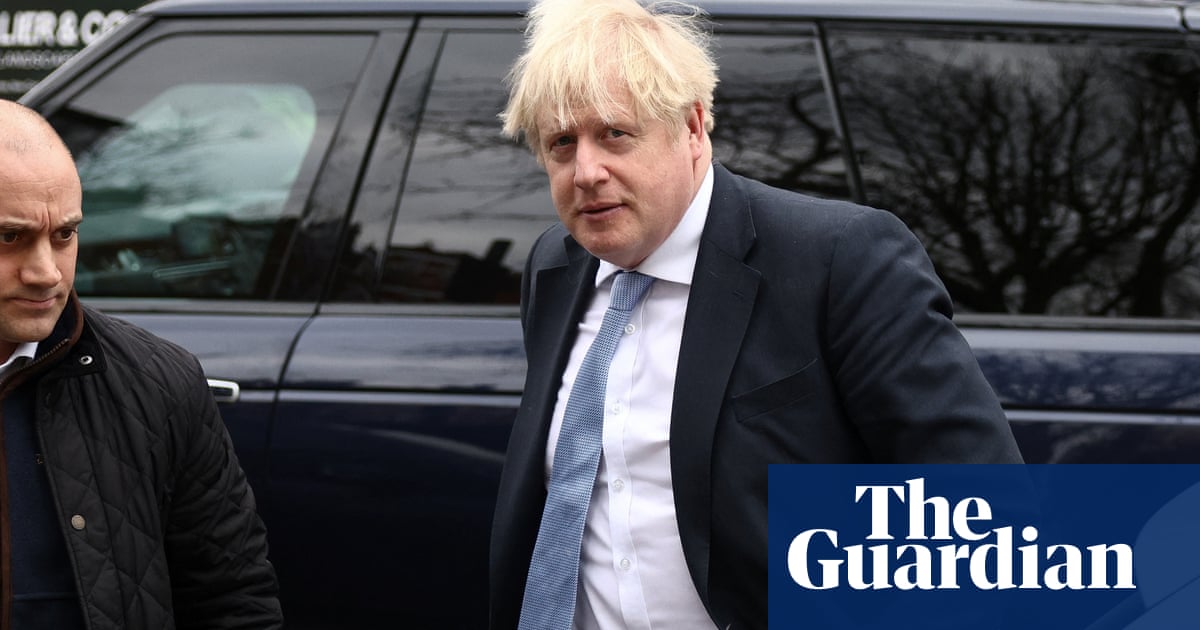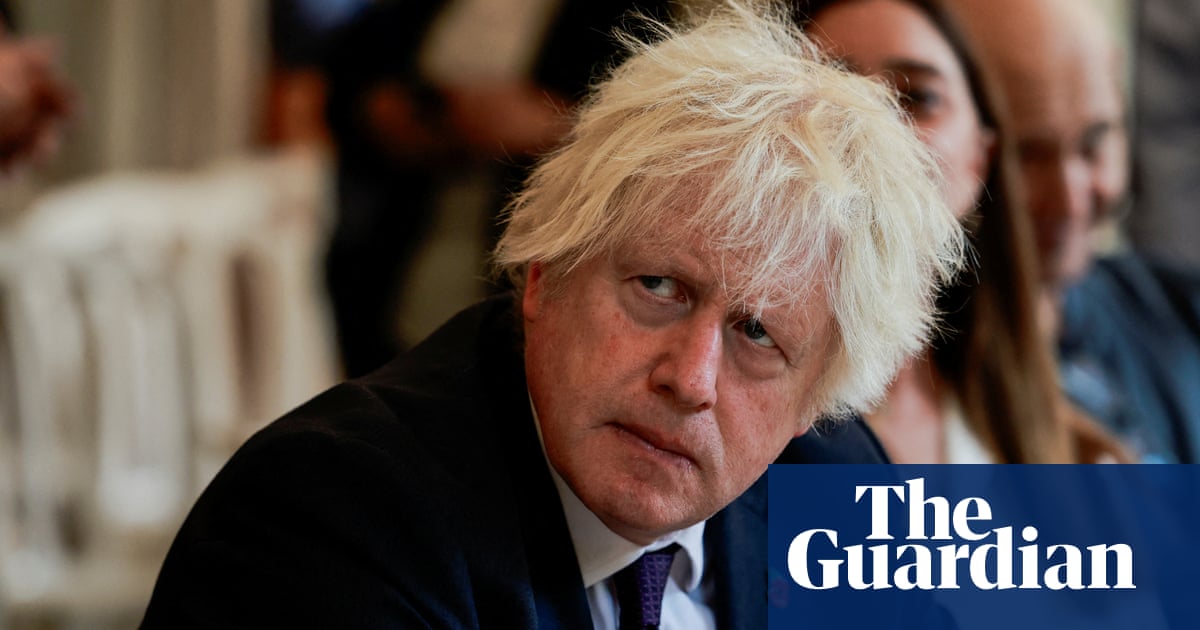
One of John Maynard Keynes’s most famous claims is that financial markets are driven by “animal spirits”. But Keynes’s reasoning is less well known. The danger of financial markets, he argued, is that traders aren’t focused just on the price and quality of goods themselves, but also on the behaviour of the other traders.
Unlike markets for consumer goods or commodities, financial markets circulate things of no intrinsic value: pieces of paper that are expected to rise or fall in price, but largely because everybody else expects them to. Under such circumstances, herd behaviour and emotions become decisive. The result is volatility – not just when things go wrong, but as a normal feature of such markets. Bubbles are inevitable, and bubbles inevitably burst.
In societies as dominated by finance as ours, this logic permeates well beyond the markets for bonds and equities. Housing is perhaps the most prominent and divisive case of “animal spirits” invading an area outside the sphere of finance itself. But as the Belgian social theorist Michel Feher has argued, many aspects of our social and personal lives are now treated like financial assets. As individuals we actively nurture our reputations, online and off, in the hope of winning investment, if not necessarily in a monetary sense then in the form of attention and positive ratings. These are all forms of “credit” (literally “belief”) of one sort or another.
The volatility of “animal spirits” was perfectly demonstrated by the 2017 Fyre festival (told in a 2019 Netflix documentary), one of the great morality tales of our age. An entrepreneur convinced “influencers” to generate online buzz surrounding an island music festival he was planning, but neglected to organise basic facilities or headline acts. Once the first guests actually arrived on the island, the vibe took a turn for the worse when a single disgusting photograph of a cheese sandwich in a polystyrene box went viral.
As the consequences of Tory sleaze finally eat into Boris Johnson’s polling lead, such examples may offer clues into something that has long been hard to fathom: how does the Johnson era end? It’s possible that if Johnson’s stock becomes marked a “sell”, rather than a “buy”, things could collapse rapidly. Might the Andrea Leadsom amendment, tabled to defend Owen Paterson, turn out to be the “cheese sandwich” of the Boris festival? The fallout has certainly been spectacular.
Johnson’s political stock resembles a financial asset in a number of ways. First, he is of no intrinsic value. That he has no aptitude for or interest in governing was known before the pandemic, but took on a fatal dimension in March 2020, at the cost of many thousands of lives. He lacks any consistent political vision or ideology, and runs scared of difficult decisions, beyond following whichever advice he received last. We know that he is also hedonistic and lazy, hence the constant holidays. Given all of this, his compulsive lying is not even his worst trait as a leader.
All of which raises the obvious question of how he found himself in such a job in the first place. This is the second way in which Johnson resembles a financial asset: his value is founded on the fact that his supporters are all watching one another as much as him. Like a dotcom company circa 1999, he is someone to get behind, so long as everyone else is behind him – but especially the media. Johnson was originally an artefact of the papers for which he worked, from the Times via the Spectator to the Telegraph. Have I Got News For You made him a household face and name beyond the reaches of the conservative press (a fact that the former’s presenters have never acknowledged). He is in many ways a PR trick.
Of course, media profile is far from worthless in today’s political climate, but its value ultimately comes down to the capacity to coordinate and control public attention. In his blog explaining the 2016 referendum outcome, Dominic Cummings recognised the unique role of Johnson, but specifically as a means of steering the media:
“Without Boris, Farage would have been a much more prominent face on TV during the crucial final weeks, probably the most prominent face. (We had to use Boris as leverage with the BBC to keep Farage off and even then they nearly screwed us as ITV did.) It is extremely plausible that this would have lost us over 600,000 vital middle-class votes.”
Being recognisable and entertaining, Johnson provides a focal point; and because everyone knows this, it is then possible to rally people around him, rather as people might meet near a famous landmark. Indeed, his whole political career (whether in Westminster, London or the country at large) has depended almost entirely on his outsized levels of public recognition and willingness to exploit it.
But financial assets also suffer a major deficiency: an absence of investor loyalty. No doubt Johnson has close friends scattered around the higher reaches of the media and the Conservative party, but it is hard to identify any “Johnsonites”, given how little he stands for beyond himself. As a celebrity, he is better suited to attracting fans than allies. The recent tightening of the polls and negative headlines surrounding corruption may not represent a bursting of the Boris bubble, but they do clarify how little Johnson has to fall back on, should the press turn truly hostile. Cummings presumably flatters himself that, like some hedge-fund wizard, he started shorting the stock at just the right moment.
It’s always a mistake to underestimate Johnson’s tenacity and hunger for power, but a political opportunist can scarcely expect anything more than opportunistic support. It’s likely that once one set of “investors” pulls out (such as the Murdoch press), many others will flee. The fallout could be embarrassing, though not for Johnson himself, who will return to a life of parties, holidays and cracking risque jokes for money.
Instead, the shame that he’s incapable of feeling will be shared among all those who collectively agreed to put him in power. Once it’s finished, what the Johnson era will have illuminated is the complete vacuum of moral purpose or judgment at the heart of the Conservative party, establishment newspapers and individuals (including Cummings) who used him as their vehicle.
Some refused to invest at the outset. The resignation of Johnson’s own brother Jo from the cabinet in September 2019 was as clear a red flag as one could imagine. Many others will make excuses for their support and rewrite the past. But the depressing fact remains that, for the time being, columnists, MPs, editors and voters are mainly on board because everyone else is. As Chuck Prince, then CEO of Citibank, famously said in July 2007, three weeks before the start of the credit crunch: “As long as the music plays, you’ve got to get up and dance. We’re still dancing”.
William Davies is a sociologist and political economist. His latest book is This is Not Normal: The Collapse of Liberal Britain












